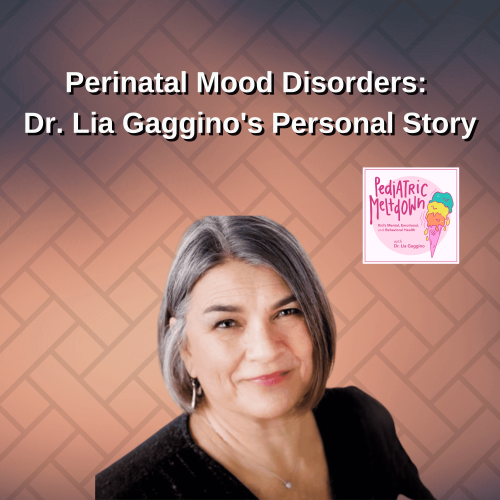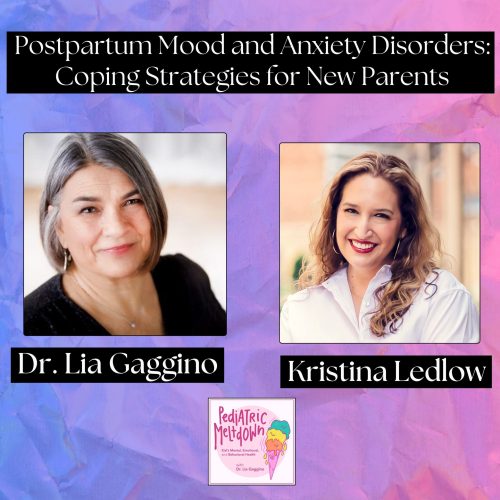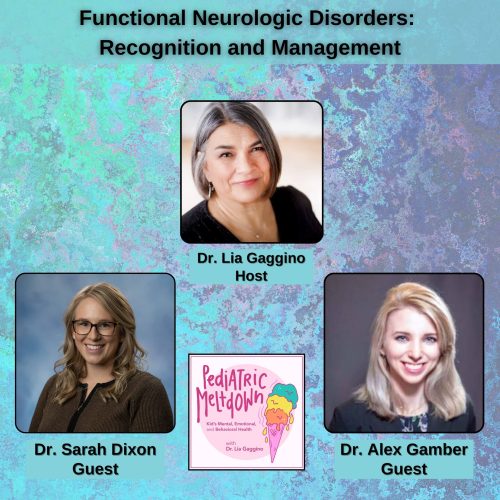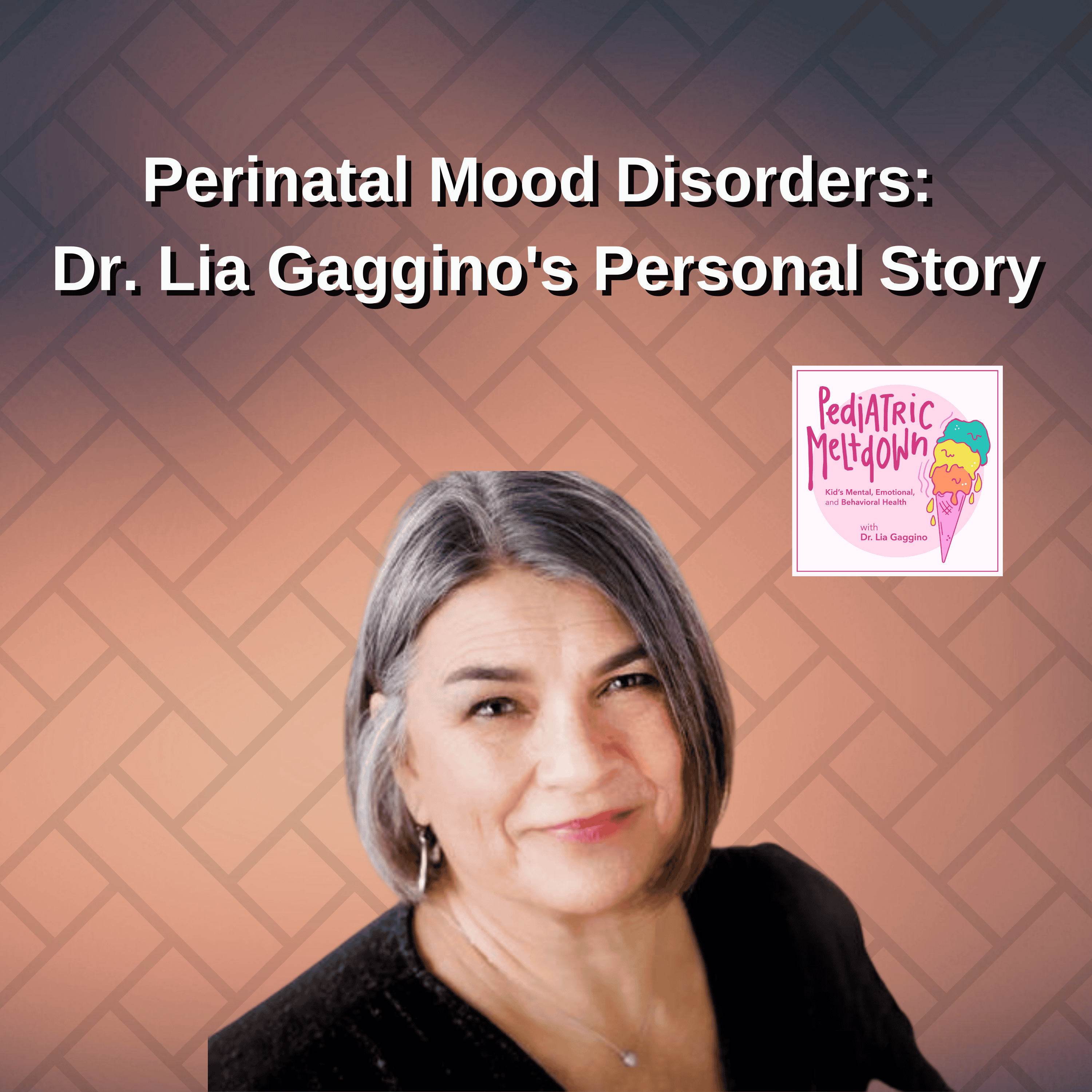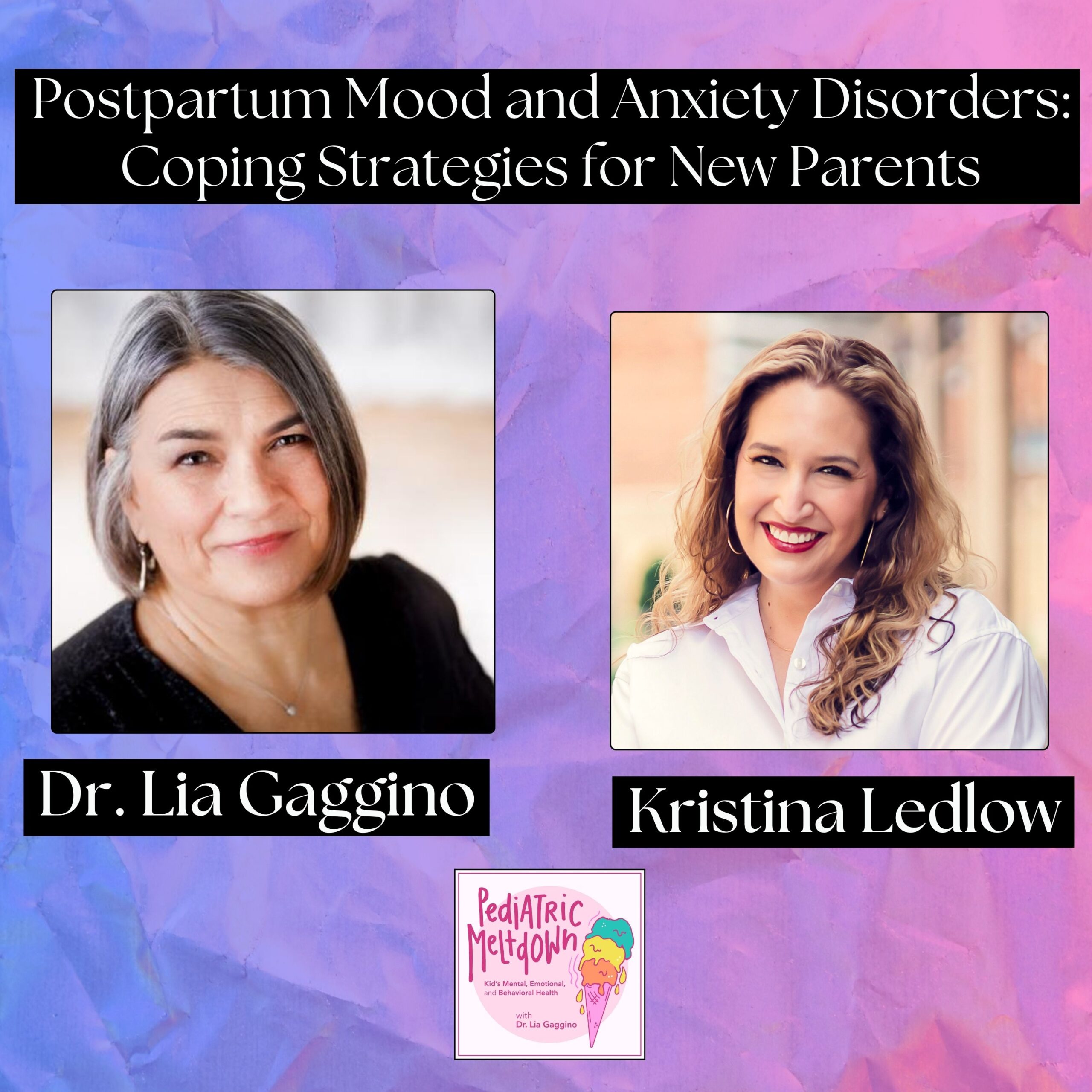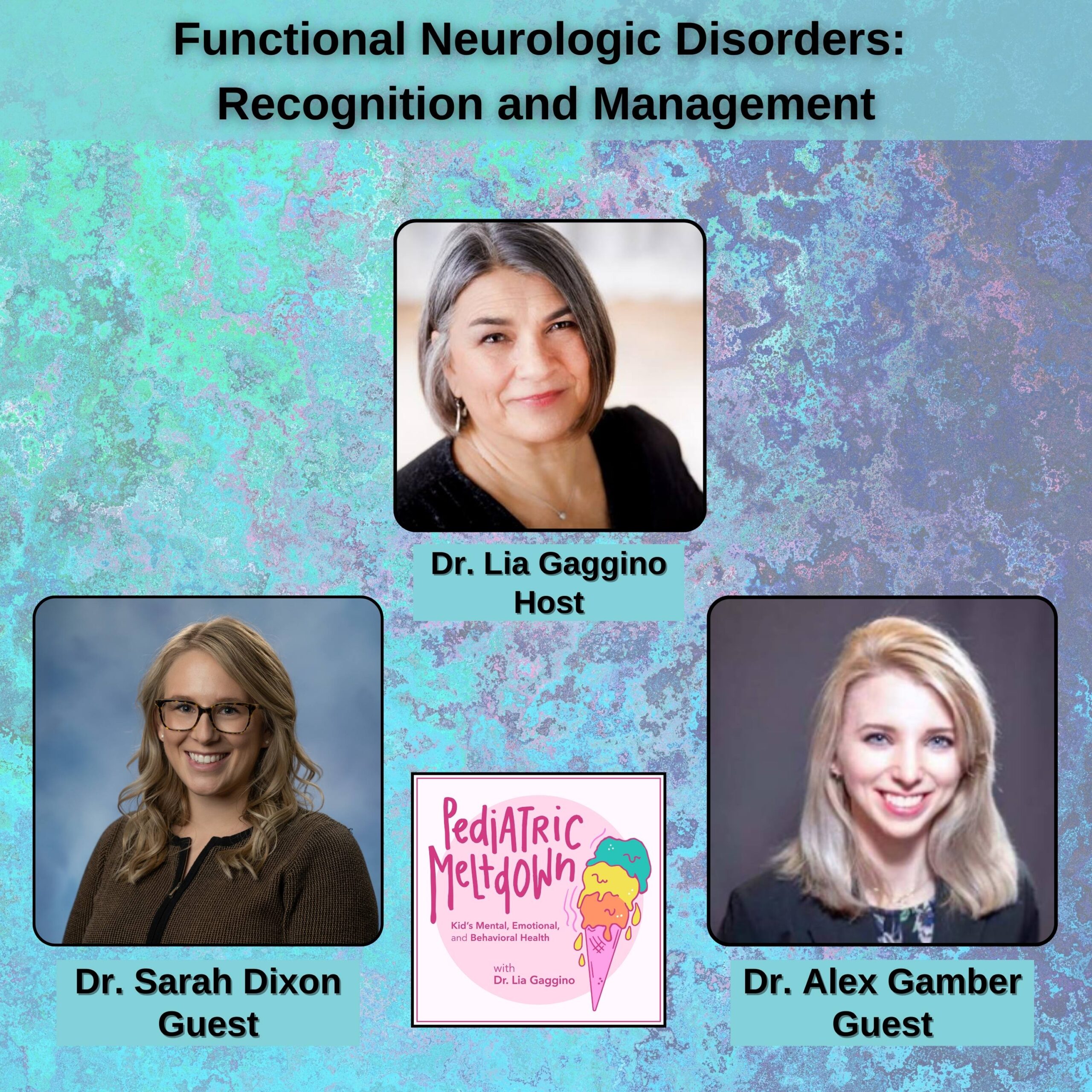Join your host, Dr. Lia Gaggino, on this episode of Pediatric Meltdown as she chats with Dr. Danny Mallen, a pediatric gastroenterologist and medical educator at Cincinnati Children’s Hospital Center. Dr. Mallen talks about his interest in nutrition, the puzzle that is the gut, and his passion for helping children with celiac disease. He also discusses his article on finding your “One Thing” and how mentors and opportunities play a role in one’s career. Burnout is real. We look to physicians to take care of us, but let’s make sure that your doctor is getting everything they need for their own wellness. Dr. Mallen’s insights on the importance of finding joy in your work will ring true for every profession and he continues his efforts to improve medical education for general pediatricians and fellows. Don’t miss this fascinating conversation about the challenges and rewards of physician’s wellness!
[00:33 -12:42] Daniel’s Journey to Pediatrics and Interest in Wellness
- During his training, he found himself happiest and smiling more when working with children, ultimately leading him to specialize in pediatric gastroenterology.
- Daniel is passionate about medical education and mentoring trainees, recognizing the importance of wellness in the medical profession.
- Through his own experiences in training and becoming a parent, Daniel recognized the need for addressing physician burnout and is involved in research on the topic.
- His interest in wellness came about through his own experiences with stress and recognizing the importance of self-care in the medical field
[12:43 – 24:32] Addressing Burnout in Medical Professionals: Insights from a Pediatrician
- The culture of overworking and sleep deprivation has been prevalent in the medical field for a long time, with long shifts and being on call for extended periods being seen as a “badge of honor.”
- Institutional changes such as shorter shifts and better work-life balance policies are being implemented. However, progress is slow, and more needs to be done to sustain a healthy work environment for medical professionals.
- Burnout is a real issue that can impact the quality of care medical professionals provide and their well-being. It is important for medical professionals to recognize the signs of burnout and take steps to address it, seeking taking time off to recharge, and finding hobbies or activities outside of work can all contribute to a healthier work life balance.
- Personal experiences with burnout and overwhelm are common among pediatricians, and recovery often involves taking time off, seeking support from colleagues and loved ones, and practicing self-care.
[24:33 -40:17] Strategies for a Work-Life Balance in Academic Medicine: The Eisenhower’s Box Method
- Importance and urgency are the key factors to consider while managing tasks
- Urgent tasks with low importance can be delegated or automated
- Restorative activities, even if they are not productive, can help reduce burnout
- Tasks that are not important and not urgent can be avoided to reduce unnecessary stress.
[40:18 – 51:46] Creating a Supportive Environment for Healthcare Professionals: Strategies and Best Practices
- Providing anonymous peer-to-peer support can make a significant difference in mental health for healthcare workers.
- Critical Incident Stress Management (CISM) teams can be instrumental in helping individuals process traumatic events and feel less isolated in their experiences.
- It’s important for healthcare professionals to envision the life they want and seek it without assuming compromise and suffering are necessary steps to achieving success.
- Mentors, supervisors, and leaders want healthcare workers to succeed and prioritize their happiness, and seeking their support and guidance can be invaluable.
[51:47 – 56:50] Closing segment Takeaways include:
- Burn out felt like being in the swamp and trudging through. Not burn out feels like walking on the edge.
- Likely all of us have struggled with feelings of “not good enough” and the imposter syndrome. Sharing those feelings is therapeutic – “I am not alone”
- A culture shift from “I have to endure” to “I love my job”
- Envision the life you want without having to suffer to get there
- Consider the Eisenhower Box when thinking about tasks: important, urgent, not important, not urgent. If it is important and urgent, do it. If it is important but not urgent, schedule it. If it is not important but urgent, delegate it. If it is not important and not urgent, don’t do it!
You can reach Dr. Daniel Mallen
Twitter: @dannymallon24
Links to resources mentioned on the show
Pediatric Resident Burnout-Resilience Consortium Study pedsresresilience.com
Insight Timer
-Landrigan CP, Rahman SA, Sullivan JP, Vittinghoff E, Barger LK, Sanderson AL, Wright KP Jr, O’Brien CS, Qadri S, St Hilaire MA, Halbower AC, Segar JL, McGuire JK, Vitiello MV, de la Iglesia HO, Poynter SE, Yu PL, Zee PC, Lockley SW, Stone KL, Czeisler CA; ROSTERS Study Group. Effect on Patient Safety of a Resident Physician Schedule without 24-Hour Shifts. N Engl J Med. 2020 Jun 25;382(26):2514-2523. doi: 10.1056/NEJMoa1900669. PMID: 32579812; PMCID: PMC7405505.
-West, CP, Dyrbye, LN, Shanafelt, TD. (Mayo Clinic, Rochester, MN; and Stanford University Medical Center, Stanford, CA, USA). Physician burnout: contributors, consequences and solutions (Review). J Intern Med 2018; 283: 516– 529.
-Shanafelt TD, West CP, Sloan JA, Novotny PJ, Poland GA, Menaker R, Rummans TA, Dyrbye LN. Career fit and burnout among academic faculty. Arch Intern Med. 2009 May 25;169(10):990-5. doi: 10.1001/archinternmed.2009.70. PMID: 19468093.
-Kemper KJ, Schwartz A, Wilson PM, Mahan JD, Schubert CJ, Staples BB, McClafferty H, Serwint JR, Batra M; PEDIATRIC RESIDENT BURNOUT-RESILIENCE STUDY CONSORTIUM. Burnout in Pediatric Residents: Three Years of National Survey Data. Pediatrics. 2020 Jan;145(1):e20191030. doi: 10.1542/peds.2019-1030. Epub 2019 Dec 16. PMID: 31843859
another episode you may like:
Episode #116
Physician Wellness Coaching: Proven Benefit
Key quotes for Twitter:
“Pediatrics has been one of the places where people are generating data and looking into this [Wellness] and really sounding the alarm.”..Dr. Daniel Mallen
“The culture is shifting ever so slowly, especially with parental leave.”.. Dr. Daniel Mallen
THANK YOU FOR YOUR SUPPORT!
Pediatric Meltdown was listed as a Top 20 Pediatric Podcast on FeedSpot.
If you’d like to connect with me, you can Tap the “What Are Your Thoughts” button at the top of the notes or you can find me on LinkedIn, Facebook, Instagram, and Twitter, or email me at [email protected] or [email protected]. To learn more about me visit https://www.medicalbhs.com/
LOVE WHAT YOU HEARD? Leave us a 5-star review so we can continue to provide you with great content. Share this episode and help people know more about children’s health and well-being.



